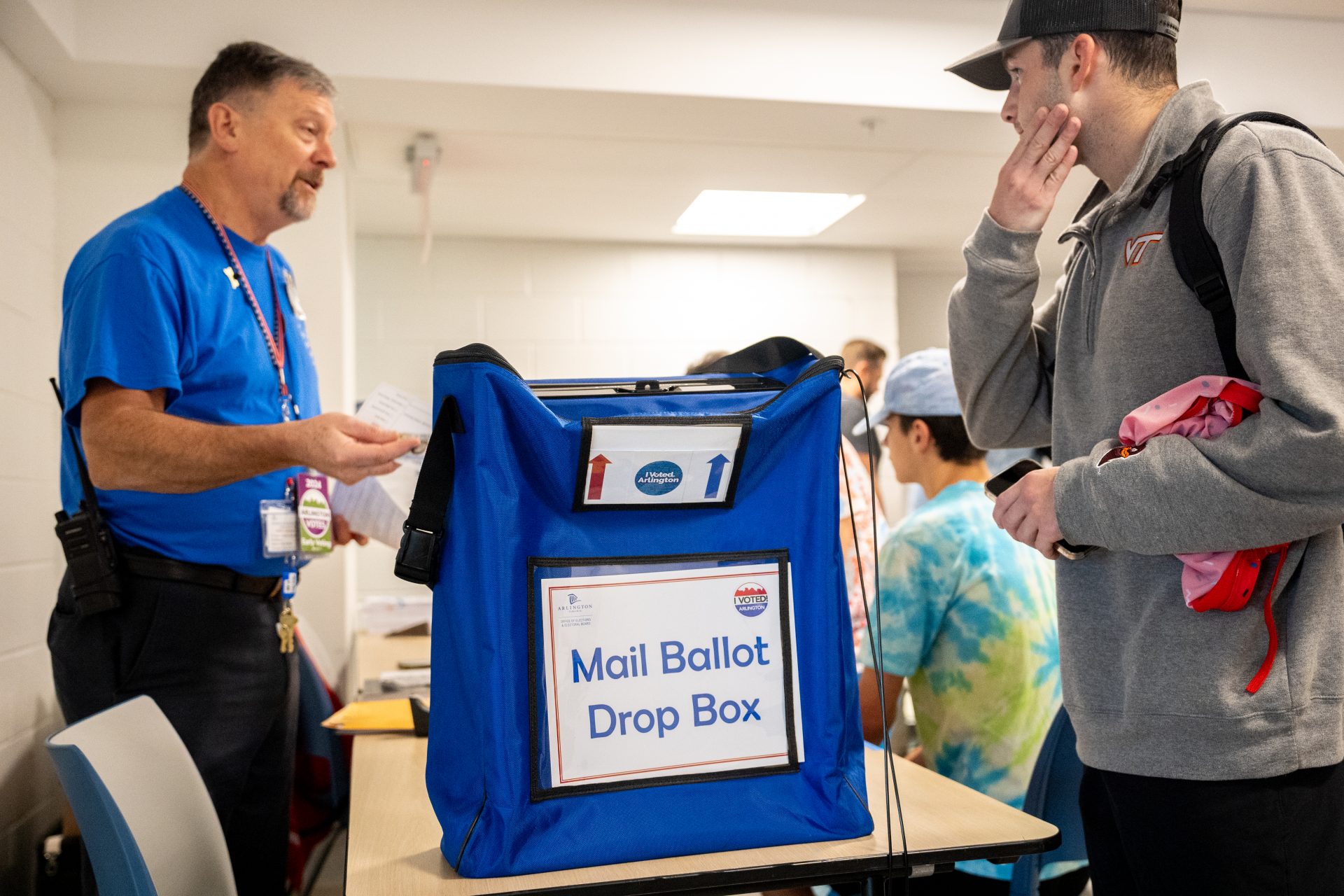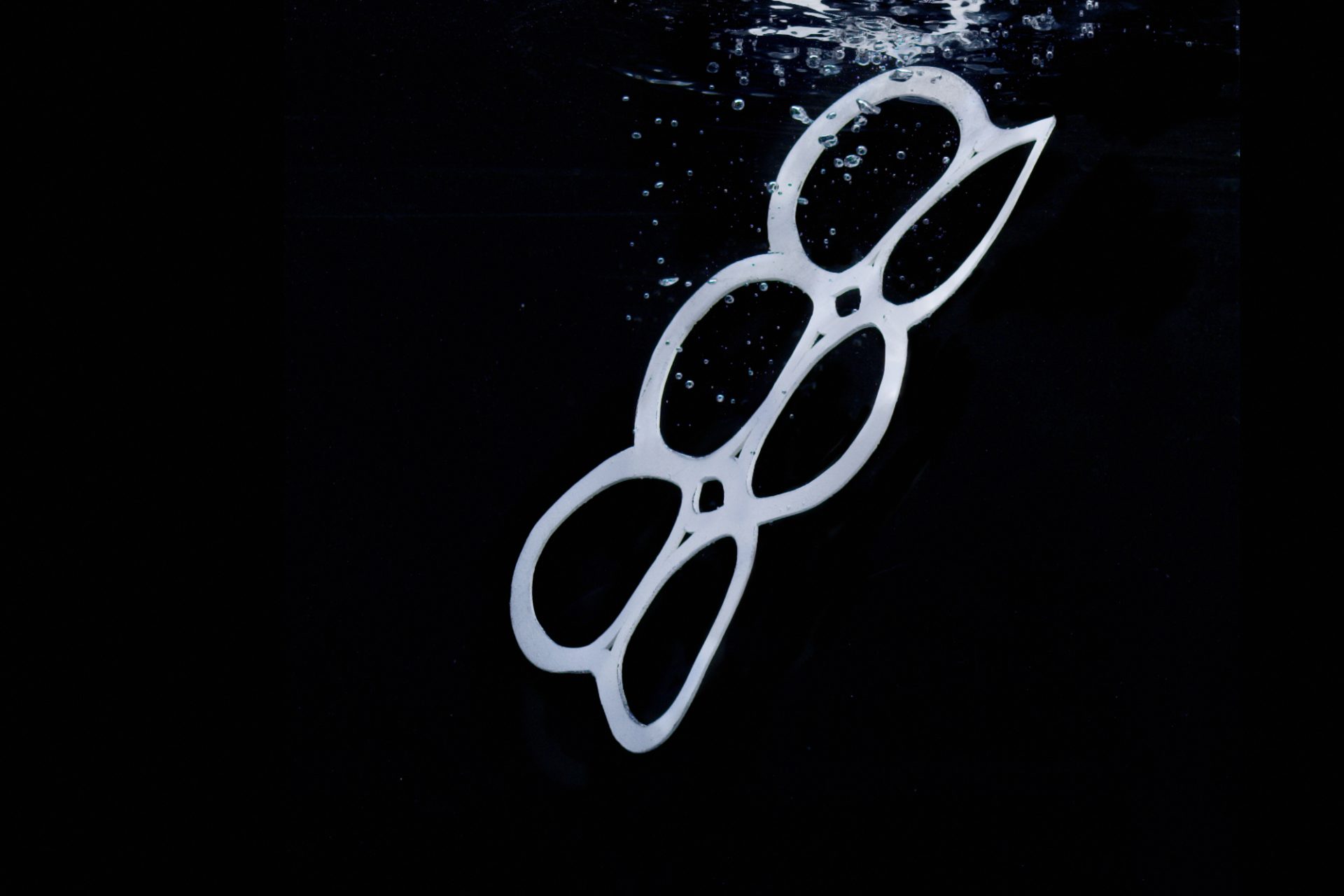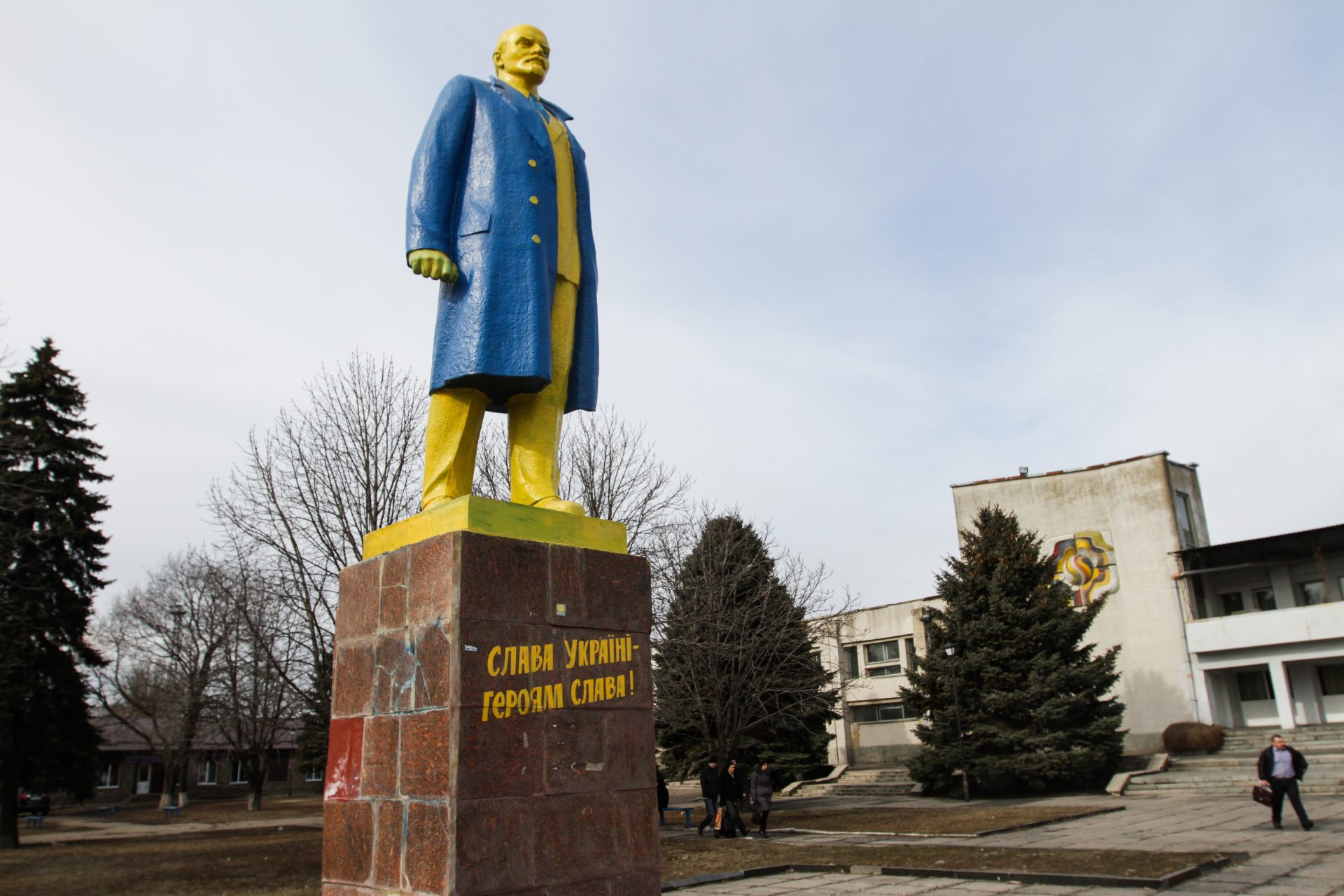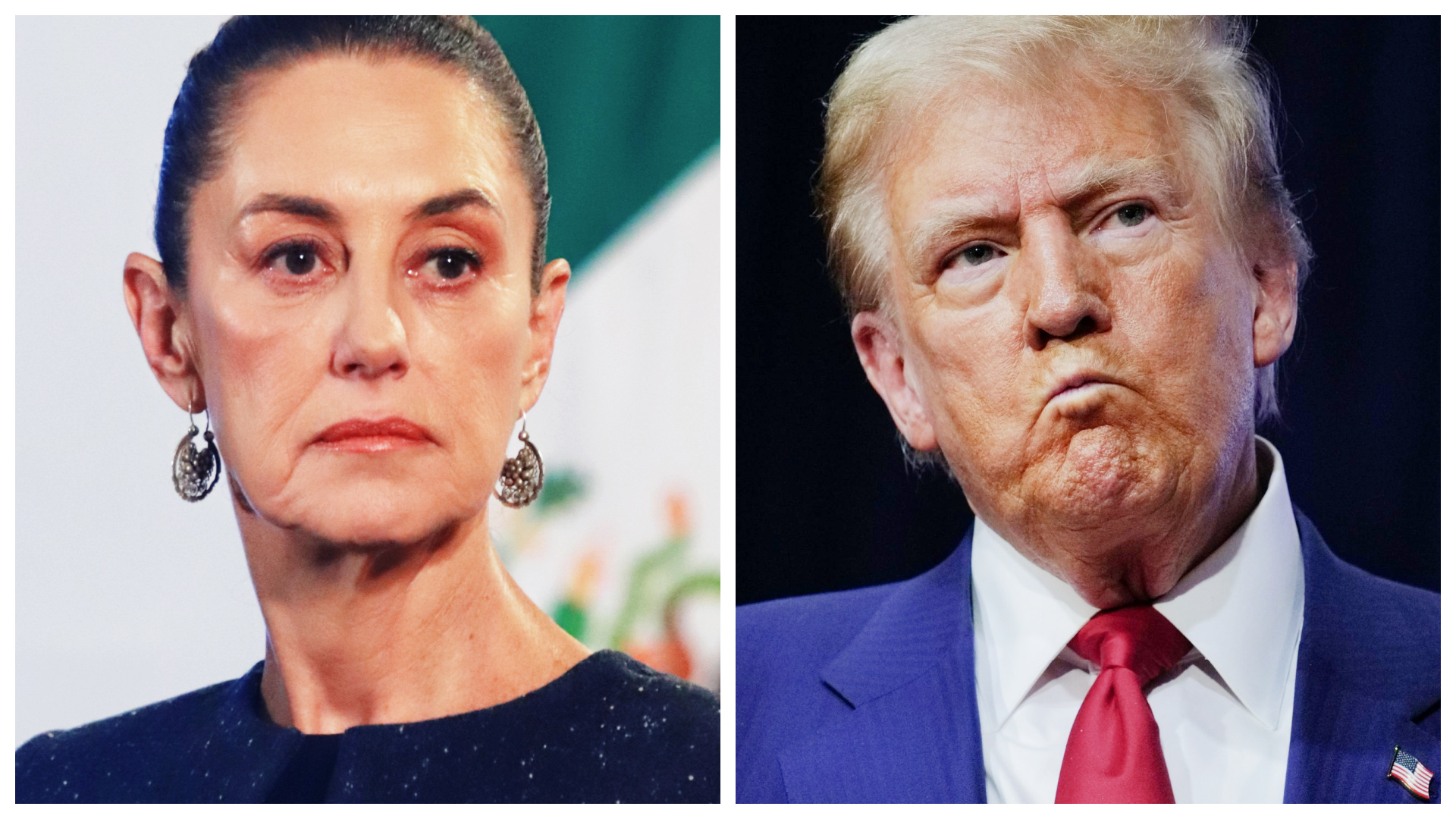Weird prohibitions across the planet, some of these seem unbelievable!
Winnie the Pooh depiction is forbidden near children in Poland, because the bear doesn't wear any pants and parents think that's scandalous.
Winnie the Pooh is banned in China. His supposed resemblance to Xi Jinping amuses Chinese internet users and angers the country's leader.
It is forbidden to run out of gas on Germany's roads. The local government argues that anyone entering its highways should be able to know when to tank for gas.
It is considered reckless endangerment to walk to a gas station and leave your car on the side of the road after running out of fuel. A serious offense, it can lead to steep fines and the withdrawal of your driving licence for six months.
In 1948, to prevent prostitution and criminal confrontations, Japan banned dancing in clubs after midnight.
The measure remained in force until 2016, but in its last years it was not enforced as it had been before.
If yellow is your favourite colour, you better think twice before moving to Malaysia...because it is forbidden to wear yellow clothes there!
The measure came into force in 2015 after a group of opposition activists chose to wear this colour in their protests.
If you are a fashion lover, another country that would be hard to live in is North Korea. It is forbidden to wear blue jeans in the country!
Why is one of the most popular items of clothing forbidden? The regime considers them a symbol of US imperialism. Luckily, other colours of jeans are accepted.
Since 1992, the sale and import of chewing gums has been banned in Singapore.
The cost of cleaning public transport facilities is considered too high for the local government. However, in 2004, the import of gum became legal with a medical prescription.
In Denmark, parents must choose their children's first name from the 7,000 that form part of an official state list.
If they refuse and prefer a different name, they must obtain permission from the government.
In Iran, dancing in public has been forbidden since the 1979 Islamic Revolution.
In recent years, many teenagers have been arrested and given prison sentences for not complying with the measure.
In 2014, the city of Bujumbura in Burundi banned team sports to prevent political protests.
This measure came after clashes between police and opposition activists who dressed up as joggers in the city. Besides group activities, going jogging can also be interpreted as a subversive act against the government.
In Switzerland, it is forbidden to mow the lawn on Sundays.
It's a measure designed to encourage good neighbourly relations.
In 2020, cotton buds with plastic stems will no longer be sold in France.
This measure follows a long-standing demand by several NGOs, as the product is one of the most common products polluting aquatic environments.
In the fall of 2020, people were wearing camo everywhere...well ALMOST everywhere.....
In the Caribbean islands of Antigua, Barbados, Barbuda, Jamaica, St. Lucia, and St. Vincent it is forbidden for the average person to wear camouflage print clothing. It is only permitted if you are in the army.
In the 1980s, Romanian President Nicolae Ceausescu banned this board game because he considered it a "subversive evil."
By now, Scrabble is legal again in the European country, and there's even a national association for Scrabble players that organizes tournaments.
In 2002, the Greek government banned all video games. Its intention was to combat illegal gambling.
But the drafting of this law was so ambiguous that all games were banned. In 2011, the government repealed the ban under the pressure from the European Commission.
In Saudi Arabia, religious police strictly prohibited the celebration of Valentine's Day until 2016.
The censors even monitored florists and confectioners on the date. In the meantime, a black market of Valentine's items sprung up, giving way to a widespread public celebration in the years after 2016.
More for you
Top Stories











































